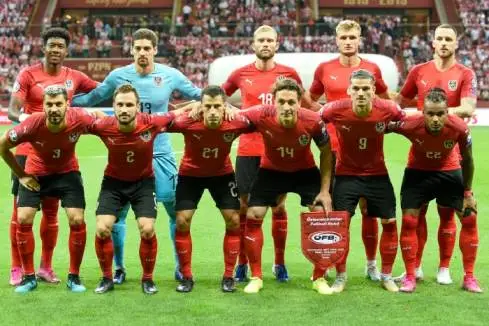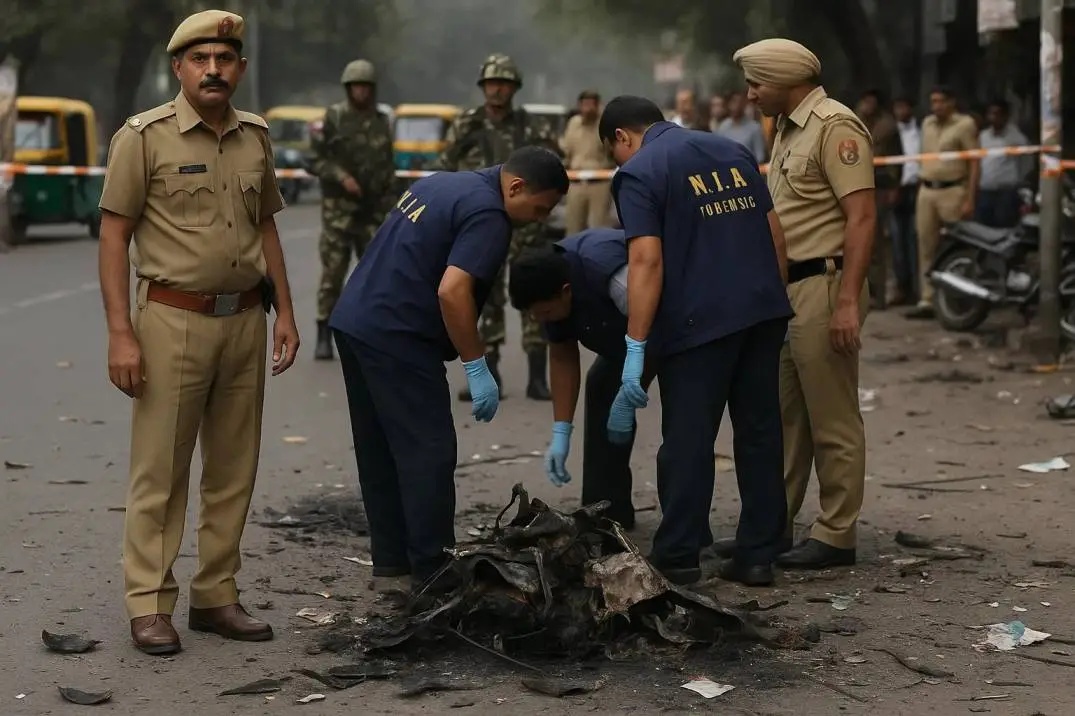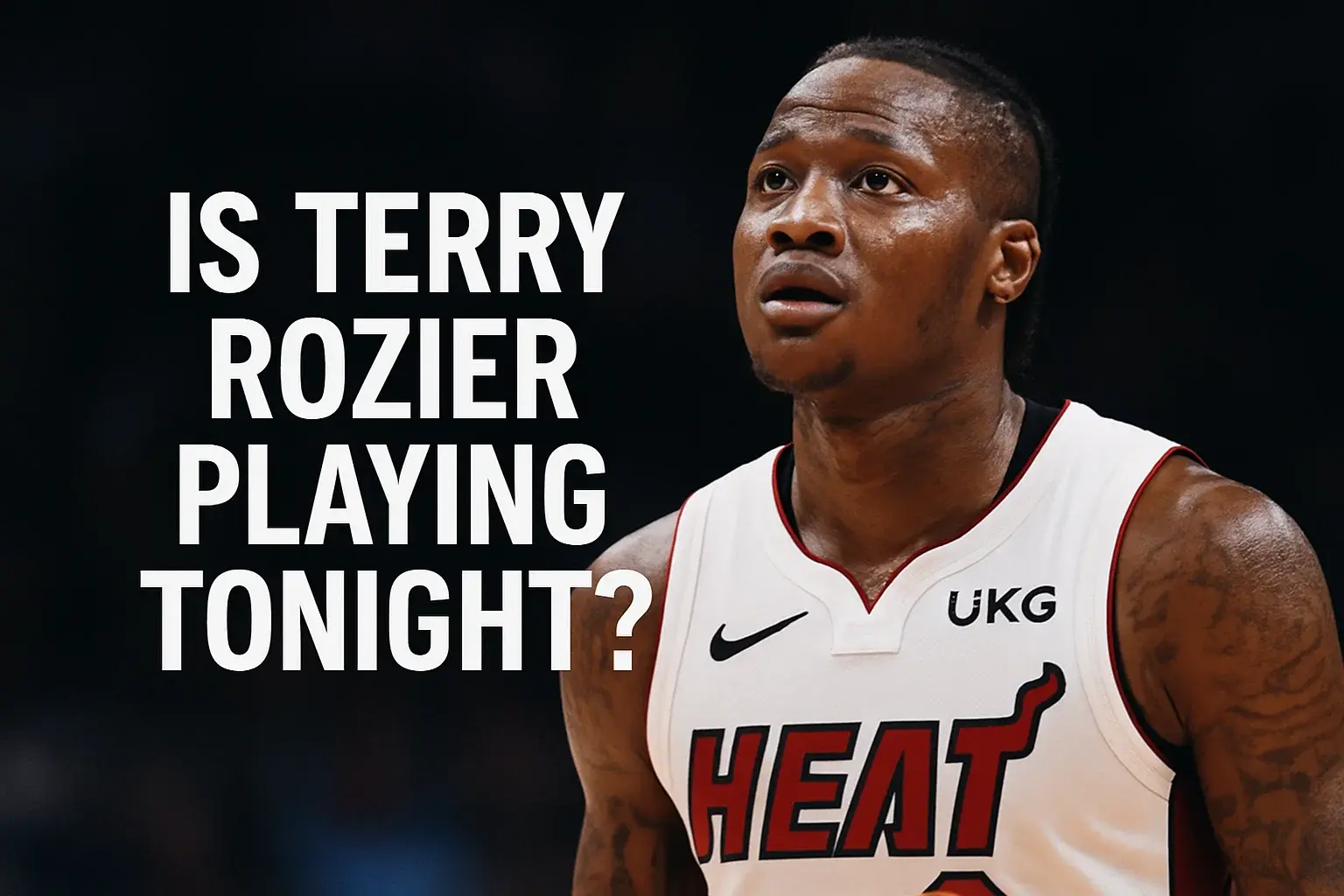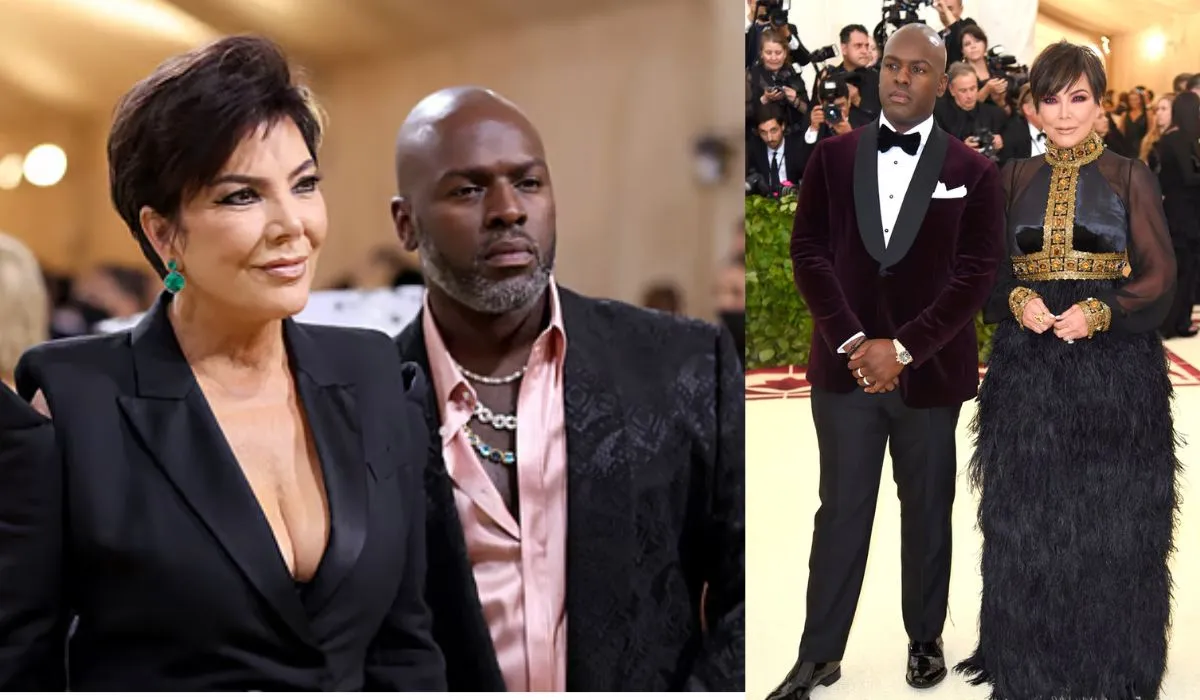
Austria National Football Team: What You Need to Know?
With regards to Europe's most prominent football associations, Germany's Bundesliga is a first class alliance of clubs. It reliably grooms top ability, and clubs like Bayern Munich and Borussia Dortmund consistently show up in the UEFA Champions Association, which highlights top clubs from Spain's La Liga, Italy's Serie A, and the UK's Head Association.
Notwithstanding, in the Austrian Bundesliga, football fans have less to bite on. For a really long time, the association's top contest has been situated in the capital of Vienna. As of late have different clubs moved this dynamic, like SV Austria Salzburg.
Red Bull's update of SV Austria Salzburg has rejuvenated a serious, huge cash streak in the Austrian Bundesliga, and this has revitalized public premium. In any case, top sportsbooks like Unibet center around the German Bundesliga as opposed to its Austrian partner. SV Austria Salzburg has quite far to go before it's pulling in any bets like Bayern Munich or even Paderborn.
Structure of Austrian and German Leagues
The Austrian Bundesliga, referred to for sponsorship reasons as Tipico Bundesliga, comprises of 12 groups. Each group plays each and every group in the association multiple times: two games at their home arena and two away.

The group with the most terrible record is consigned to Austria's second-level of football, and the top group from the second-level association joins the Tipico Bundesliga. The two top-performing groups from the Austrian Bundesliga move to qualifying adjusts for the Heroes Association, while two more are up for the Europa Association.
The (German) Bundesliga includes 18 groups. Each group will play another group two times: one game at their home arena and one away. Season records decide a boss toward the finish of the time, very much like in Austria, however the main four clubs in the Bundesliga advance consequently to the Heroes Association.
The Difference in the Calibre of Talent in Both Leagues
With regards to gifted clubs in both the German and Austrian Bundesliga, each association has a beguilingly little pool of rivalry. This implies that the edges for progress are thin beyond a few ruling clubs in each association.
In the German Bundesliga, Bayern Munich has an imposing business model on the association. Besides the fact that they brought home have 29 championships and been other participants multiple times, however their nearest rivalry is Borussia Dortmund, which has an all out record of five titles and seven other participants titles.

Thus, top gifts in the Bundesliga for the most part end up in a Bayern uniform. While Borussia Dortmund is a long way from a substandard group and has a bigger, more dynamic fan base, Bayern Munich has more grounded sponsorship open doors given their relationship with champion titles. This implies there's a channel of ability and monetary assets that drives directly to Munich.
The Austrian Bundesliga has a comparable tradition of dynastic rules. The association's two most grounded groups have been the Vienna-based Quick Wien and Austria Wien. Separately, these groups have 32 and 24 titles, with 26 and 19 other participants grants.
Since the association's rebuilding in the mid 90s, the two clubs have parted ability and reputation in the Austrian association. Notwithstanding, Red Bull bought club SV Salzburg in 2005 and from that point forward, the organization has done a total update from players to staff, to stylish marking.
Following this renovation during the 2000s, SV Salzburg has taken the Austrian Bundesliga multiple times. As a matter of fact, they've taken the hero title successively since the 2013-14 season.
From that second forward, the Austrian Bundesliga has found a way emotional ways to forestall a Bayern Munich-esque club control from happening in their homegrown association.
Presently, the association has been reformatted to permit groups two rounds of contest, split between the fall and the spring. Groups that ordinarily float in the association's pack currently have more tight rivalry against each other, with the chance of continuing on the Europa Association in the event that they can't meet all requirements for the Heroes Association.

The Austrian Football Government Association, known as the Austrian Bundesliga, is the top level of association football in the country. The Bundesliga, totally unrelated to its bigger German partner, started, harking back to the 1974-75 season. It has created a few footballers of note like Hans Krankl and, all the more as of late, English Head Association star Marko Arnautovic.
With only twelve groups partaking in the standard Bundesliga season, Austria perceives that there is a deficiency of value in their somewhat little country. They keep the association little significance a higher centralization of value, guaranteeing the association stays cutthroat.
The Austrian Bundesliga Format
The normal season in Austria sees the twelve Bundlesiga groups play one another. They each play once at home and once away, which is standard for a 22-game mission.
Toward the finish of those 22 games, played among July and mid-Walk, the association parts into two. The main six play in the Title Round and the last six partake in the Assignment Round. Games are normally hung on Saturdays and Sundays.

The six Title Round groups then, at that point, play each other home and away again until the heroes are known. Just a portion of their focuses are held from the standard season. A similar organization happens to the last six sides.
Relegation and Europe
In the transfer round, whoever completes the 32-game season at the lower part of the last table is consigned to the Austrian Second Association. The following three up hold their Bundesliga status for the next year. While, strangely, having completed in the last six, the best two from this smaller than normal association go into Austria's Europa Association end of the season games.
The victor of the Title Round is normally delegated champion, going into the UEFA Champions Association. || The next in line goes to the passing rounds for a similar rivalry, the third-put group enters the Europa Association.
Groups 4 and 5 move into the Europa Association end of the season games. || The 6th put group doesn't accomplish anything, improving it to complete seventh or eighth and face more fragile resistance to arrive at the Europa play-off stage.
In the end of the season games groups 4 and 5 from the Advancement Round and groups 1 and 2 from the transfer adjust play to eventually conclude Austria's last members for coming up next season's Europa Association.








